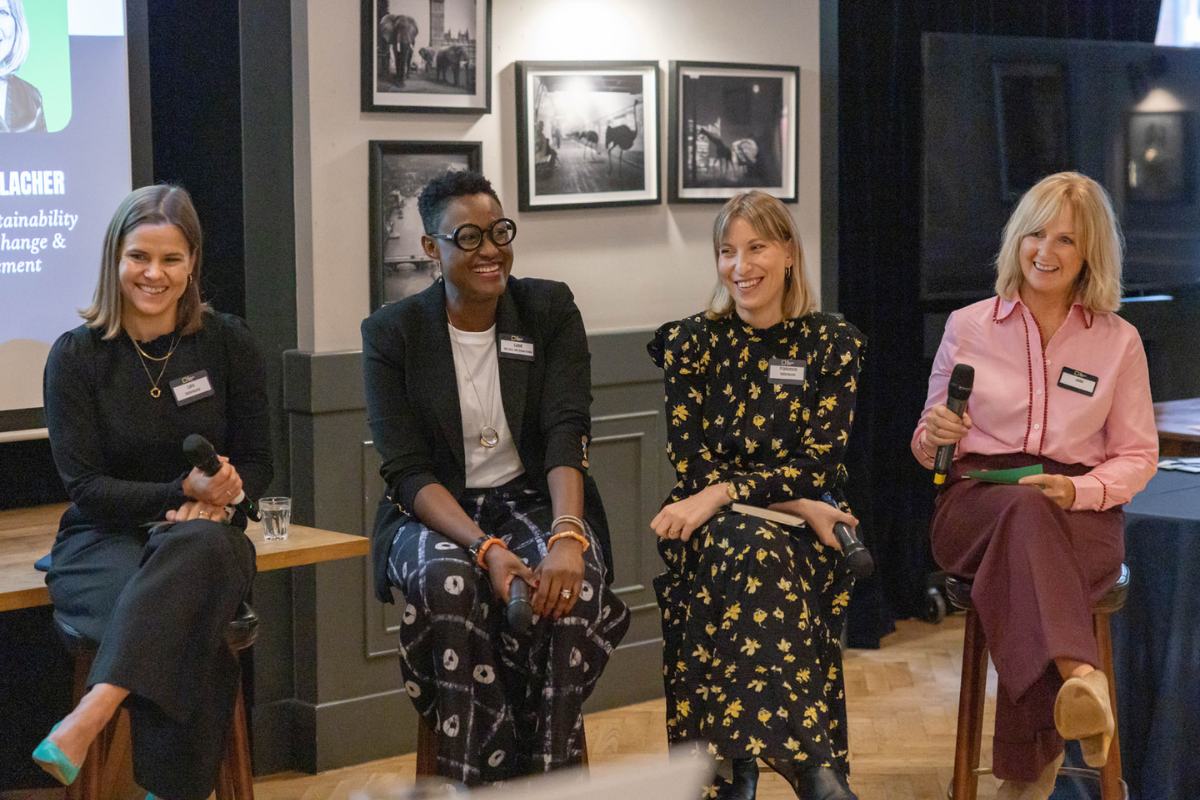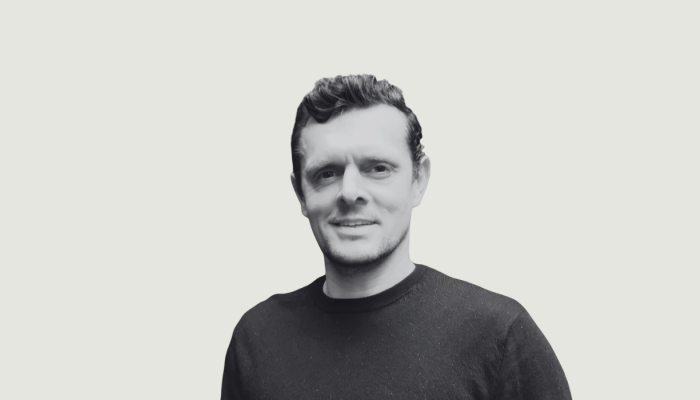The Marketing Society brought together leading voices in sustainability to tackle an urgent question: as we reach the halfway point to 2030, why are so many ambitious targets being quietly abandoned? This Uncomfortable Conversation explored how businesses can balance bold ambitions with operational realities, and why transparency about setbacks builds more trust than glossy reports ever could.
The message was clear: real progress demands honest communication, embedded action, and collaboration across entire value chains.
Five key points from the session:
Strategy without delivery is worthless
The era of moonshot sustainability strategies is over. Lamé Verre from The Crown Estate stressed that success now depends on plans with clear budgets, timelines and accountability. Businesses must move from asking 'what is our strategy?' to 'what are we doing on Monday?'
Transparency about setbacks builds credibility
Research from Salterbaxter showed that over half of companies have weakened or abandoned 2030 goals, often without open communication. Those that own their story, such as Microsoft, which explains its challenges and next steps, retain trust even when targets slip.
Sustainability must be embedded in business operations
Julie Gallacher emphasised that sustainability cannot exist as a separate function. It must be built into planning, product development, investment decisions and personal objectives. When it is not part of long-term incentive plans, it rarely gets delivered.
Collaboration delivers greater impact
The panel agreed that no organisation can solve these challenges alone. Partnerships, such as distillers working with river trusts to secure water supplies, show how shared expertise accelerates results. True progress depends on working beyond company boundaries.
Trade-offs are necessary for real progress
The Crown Estate now measures all activity against four priorities: nature, net zero, people and treasury. Not every project can deliver on all fronts, and recognising this helps focus effort. Choosing what not to do is as important as setting new ambitions.
Five years ago, sustainability targets were bold and optimistic. The UN Sustainable Development Goals and the rise of ESG created confidence that transformation was possible.
By 2025, that optimism faces reality. Geopolitical shocks, rising costs and energy demands have forced companies to revisit commitments. Research from Salterbaxter found that while some firms are stepping back, others are doubling down, particularly in renewable energy, biodiversity and regenerative agriculture.
The panel agreed that success now depends less on targets and more on how progress is communicated. Transparency about what is working, and what is not, builds lasting credibility. Microsoft’s openness was cited as best practice: honest about setbacks but clear on solutions.
Sustainability is shifting from distant goals to near-term, tangible action. Companies such as IKEA show this evolution by focusing on circularity and measurable delivery. Integration is also essential. Sustainability teams cannot operate separately; they must be part of every decision, from research and development to procurement.
The panel warned against 'green hushing' which means staying silent to avoid criticism. Real leadership means explaining trade-offs openly. Action, not debate, must lead: replacing boilers, partnering with farmers and embedding accountability.
2030 targets still matter, not as promises but as directional tools that drive innovation and collaboration. Looking ahead, the panel predicted a more pragmatic, connected and honest era of sustainability.
3 Takeaways
Act now, not later
Break big ambitions into immediate, resourced actions that teams can start this week.
Be open about challenges
Transparency builds trust even when results fall short.
Integrate sustainability everywhere
It succeeds only when embedded in daily decisions and performance metrics.
2 Action Items
to take from this
Map your ambition to delivery
Compare top-down goals with real, costed activities and close the gaps.
Build one new collaboration this quarter
Partner with an external organisation to tackle a challenge you cannot solve alone.
"We stayed too long in strategy development, and for the frontline doers, strategy does not mean anything. They just want to know what do I need to do on Monday."
This session exemplified The Marketing Society's commitment to sharing perspectives and wisdom from marketing's most accomplished leaders. The honest discussion of sustainability pledge failures alongside successes provided actionable insights proving that honest and open conversations create the most valuable learning experiences. The Uncomfortable Conversation: Why Transparency Is Key to Sustainability Strategies was held in partnership with Publicis Groupe UK



